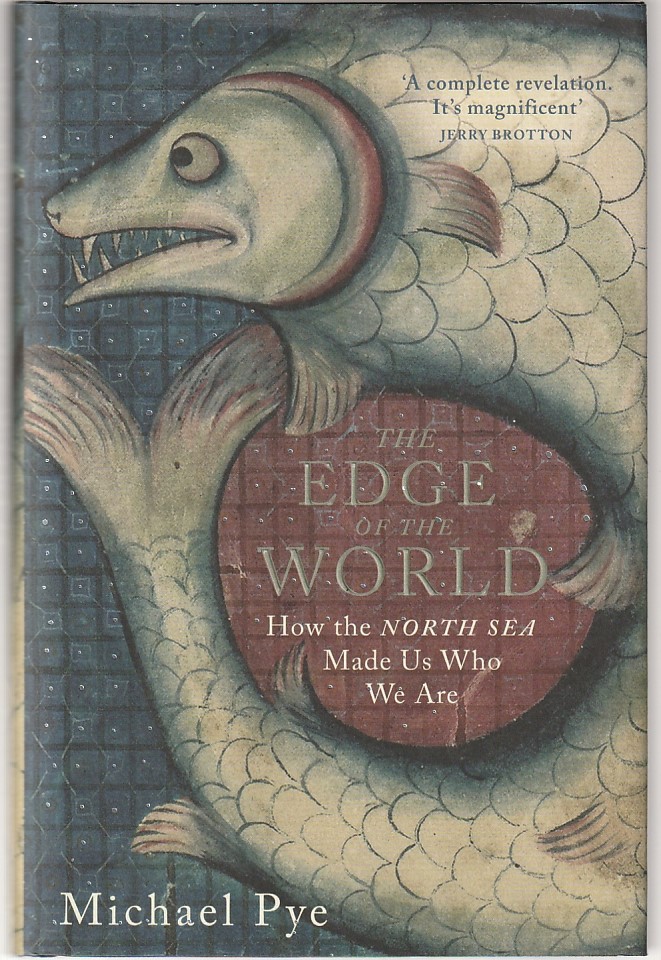
Saints and spies, pirates and philosophers, artists and intellectuals: they all criss-crossed the grey North Sea in the so-called "dark ages," the years between the fall of the Roman Empire and the beginning of Europe's mastery over the oceans. Now the critically acclaimed Michael Pye reveals the cultural transformation sparked by those men and women: the ideas, technology, science, law, and moral codes that helped create our modern world.
This is the magnificent lost history of a thousand years. It was on the shores of the North Sea where experimental science was born, where women first had the right to choose whom they married; there was the beginning of contemporary business transactions and the advent of the printed book. In The Edge of the World, Michael Pye draws on an astounding breadth of original source material to illuminate this fascinating region during a pivotal era in world history.
 €10
€10
Saints and spies, pirates and philosophers, artists and intellectuals: they all criss-crossed the grey North Sea in the so-called "dark ages," the years between the fall of the Roman Empire and the beginning of Europe's mastery over the oceans. Now the critically acclaimed Michael Pye reveals the cultural transformation sparked by those men and women: the ideas, technology, science, law, and moral codes that helped create our modern world.
This is the magnificent lost history of a thousand years. It was on the shores of the North Sea where experimental science was born, where women first had the right to choose whom they married; there was the beginning of contemporary business transactions and the advent of the printed book. In The Edge of the World, Michael Pye draws on an astounding breadth of original source material to illuminate this fascinating region during a pivotal era in world history.